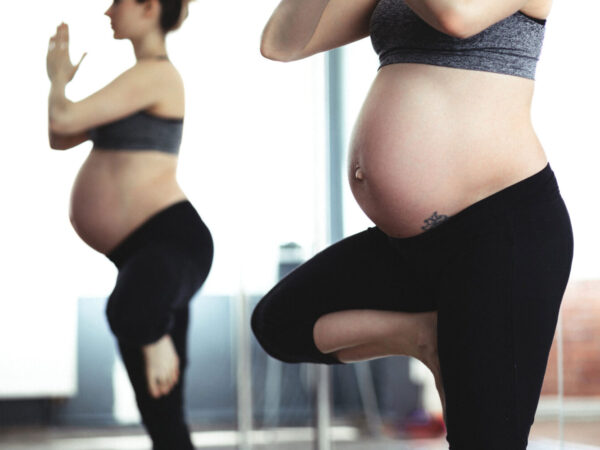Tip #1: Choose a car seat and a pram that is practical and safe
Two essential items that parents will need for their newborn is a good quality car seat and a practical, easy-to-use pram. Before you buy a pram or a car seat you should always check with the seller that these items are certified for safety and are the correct model for your baby’s age and size.
The exercise from a stroll around the neighbourhood is a good way for parents to keep fit, and the fresh air and sunlight is important for a baby’s health. To get the most out of these walks, parents should test different brands and types of wheels to find a pram that is sturdy and easy to walk around with.
Before buying a car seat, it’s essential to research which models can be installed on your vehicle. Parents should know how to properly install it and be aware when the car seat should be changed based on a child’s age or size. This will make transporting your child much safer and more comfortable.
Tip #2: Babyproof your home
As your baby starts to grow, you can expect that they’ll want to explore their environment every opportunity they get. That’s why it’s necessary to take the proper measures to babyproof your home in order to keep your child safe. You can protect your child from risks around the house by putting up safety gates to block staircases, closing electrical outlets, covering sharp corners, securing furniture that can tip over, taping down electrical wires that can be pulled, and putting away all small items that could be swallowed or potentially cause harm.
Tip #3: Update your Home and Contents Insurance to cover expensive baby items
Parents often buy a substantial amount of new items to prepare for the arrival of their baby. The amount spent on a car seat, a pram, a crib, safety gadgets, and more, can really add up quickly!
To keep your new purchases covered against damage or loss, it’s recommended to update your Home and Contents policy. Your insurance company representative can advise you about how to make sure all of your expensive new items are protected, so you can be comfortable knowing that your situation is secure.

Tip #4: Establish a plan to provide financial security for your family
It’s important to have a safety net in place to cover future expenses should a parent pass away. Raising a child with one parent can be very difficult from a financial perspective, and coping with day-to-day childcare duties without any assistance can be overwhelming.
Having a life insurance policy provides enough money to pay for your family’s long term expenses, such as mortgages and future health care costs, and also allows the surviving parent or guardians to afford school tuition, domestic helpers, childcare, and more. This means you can have peace of mind knowing that your family will be taken care of, no matter what happens in life.
Tip #5: Select a guardian for your children
Appointing a legal guardian from among family and friends ensures that a child has a stable environment to transition into should both parents pass away. This appointed guardian physically cares for your child and can be responsible for managing any inherited money based on your specific instructions.
It’s important to note that any money or property that would be given to your minor child after you’ve passed away can only be released once a legal guardian (or trustee) has been established.
Speak with a financial advisor to correctly set up beneficiaries in your life insurance policy and will to prevent money and property from being held up during the inheritance process.








